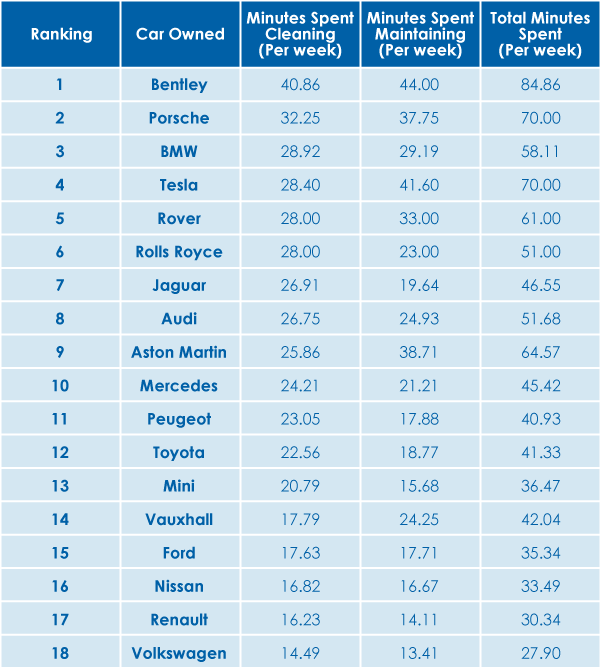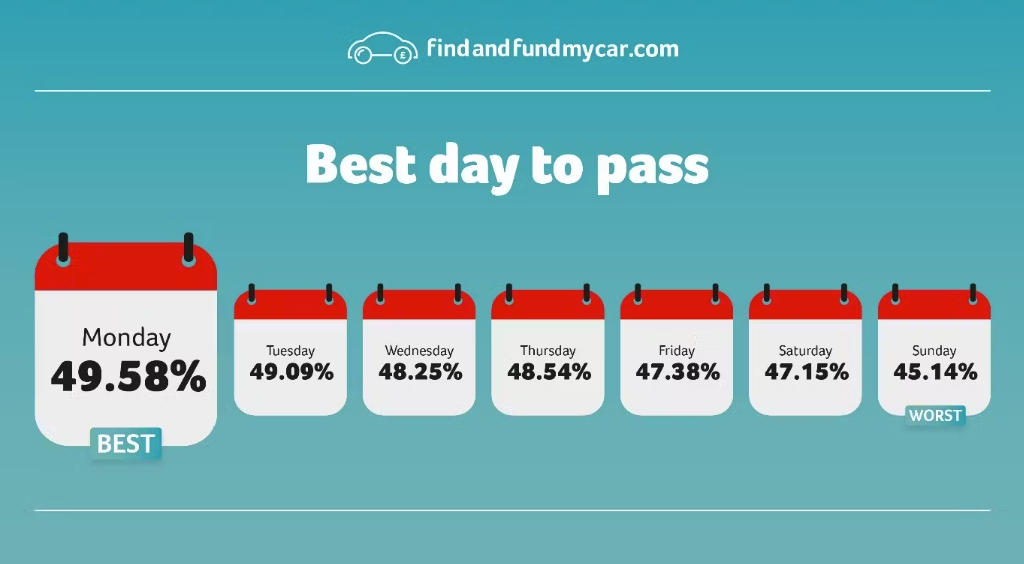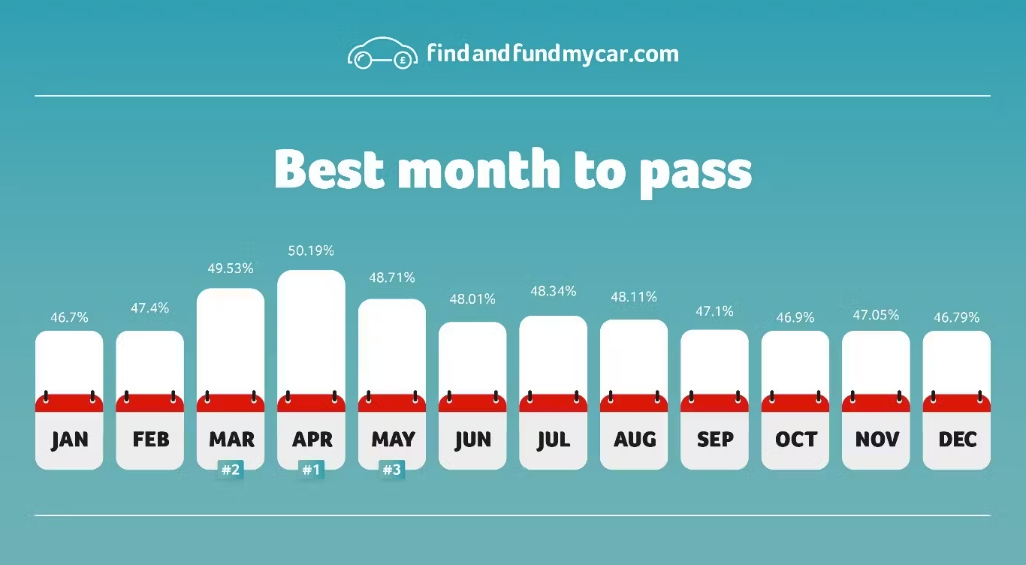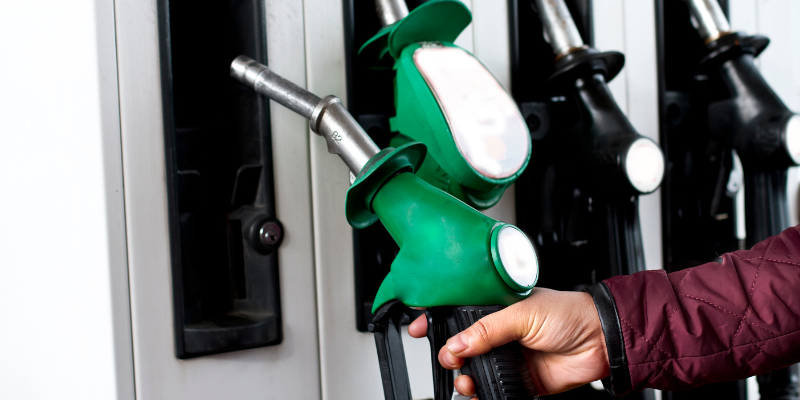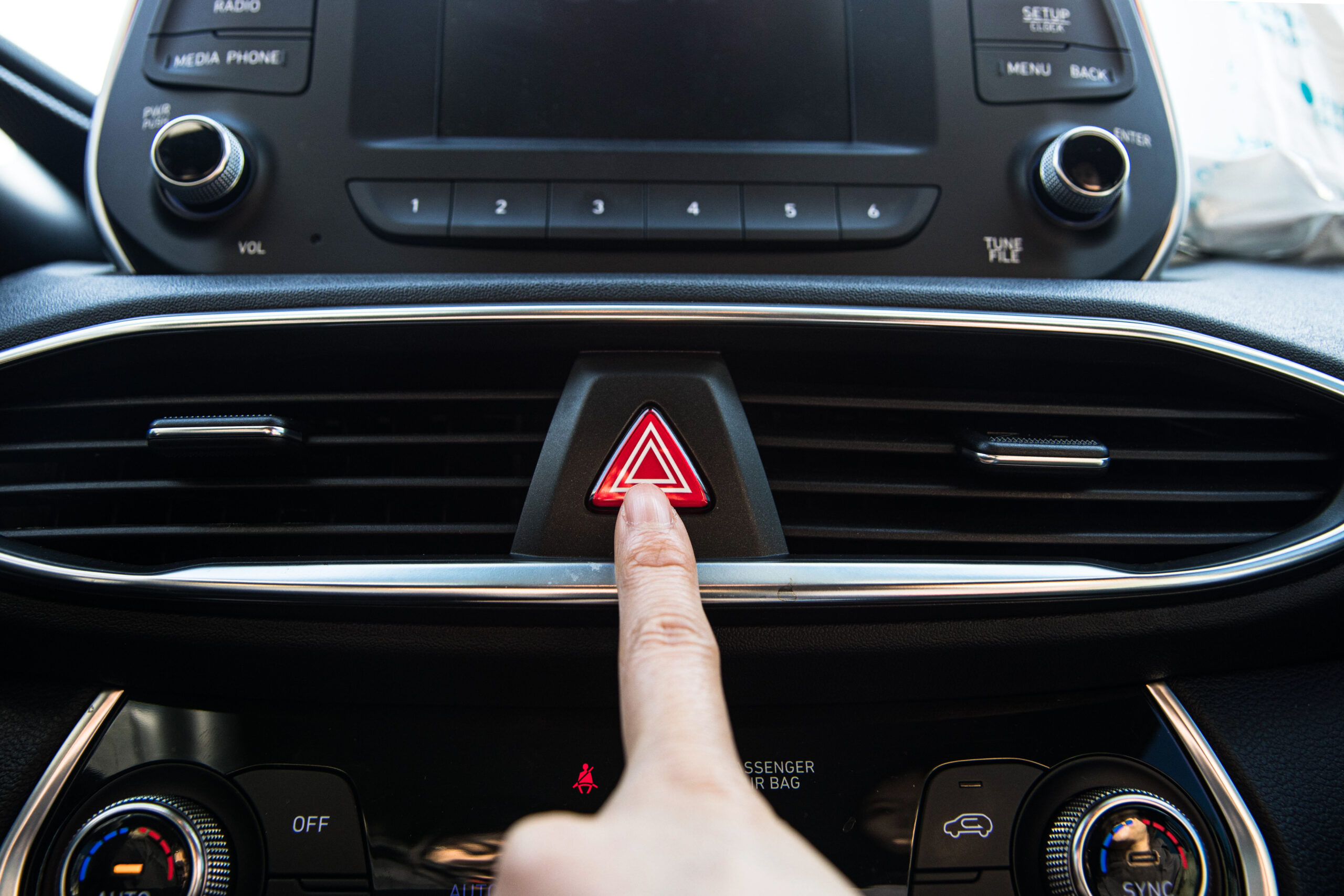
Study reveals Volkswagen drivers are the messiest
Car finance company, Go Car Credit, reveal Volkswagen (VW) drivers are the messiest, spending the least time cleaning their cars (14 minutes / week).
Renault and Nissan drivers were not far behind, spending roughly 16 minutes per week cleaning their vehicles, 20% less than the national average.
As well as being messy, VW drivers may also neglect vehicle upkeep, as VW drivers were found to spend the least amount of time maintaining their vehicles.
Bentley car drivers are the cleanest, spending twice as much time cleaning their cars than the average person. Bentley owners spend 40 minutes per week cleaning their car compared to just 20 minutes from the average UK car driver.
With the season of spring-cleaning upon us, Go Car Credit was keen to find out which car drivers are the cleanest and which were the messiest. Surveying 1000 car owners, the data revealed Bentley drivers were also the most car proud, spending 50% more time cleaning and maintaining their cars than cleaning their own homes. Bentley drivers also spend the most time maintaining their vehicles (44 minutes per week compared to 19 minutes of the average driver).
The survey also found that men spend 25% more time cleaning their cars than women (18 minutes compared to 22 minutes per week).
Other key findings include:
- VW owners spend the least time cleaning their cars (14 minutes / week)
- Londoners are the cleanest car owners (27 minutes / week)
- Mini drivers spent 4 times as much time cleaning their homes than their cars
- The average UK car driver spends 20 minutes per week cleaning their car
Looking at differences between the owners of specific car brands, the research revealed that Aston Martin drivers were the most car proud, spending 84% more time cleaning and maintaining their cars than cleaning their homes (64.57 minutes compared to 25.86 minutes).
Keen to uncover which cars are the cleanest, Go Car Credit created a ranked table of car brand owners and the time they spend cleaning and maintaining their cars:
Although Volkswagen drivers were the least clean, spending on average 14 minutes per week cleaning their cars, Mini drivers were the most house-proud car owners. They showed the biggest difference, spending over 4 times as much time cleaning their homes than their cars (20 minutes cleaning their cars compared to 114 minutes cleaning their homes per week).
Looking at regional difference, Londoners were the cleanest car owners, spending 27 minutes per week cleaning their vehicles, spending 7 minutes more than the national average of 20 minutes per week. The South-East spends the least time cleaning their cars, dedicating only 15 minutes per week to cleaning their vehicles. House-proud Scotland saw the biggest difference, spending 108 minutes cleaning their homes compared to 17 minutes cleaning their cars each week.
As a result of the study, Go Car Credit launched a competition to find the UK’s messiest car. Go Car Credit’s Marketing Manager Hayley O’Connor said; “We wanted to see just how messy people let their cars get and if a VW driver would come out on top.”
UK drivers submitted photographs of their messiest vehicle interiors to Go Car Credit’s Facebook page. Following a selection process by a panel of judges from Go Car Credit, it can now reveal the winning entry came from Tammy from Norfolk with her Vauxhall Astra.
The winning image contained empty McDonald’s packaging, lateral flow tests, empty drinks bottles, sweet and crisp wrappers, an ice cream stick, discarded clothing, magazines, and paper towels. Hayley continued: “We found a whole range of messy motorists. We recommend car drivers take care of their vehicles for health and safety reasons.”
